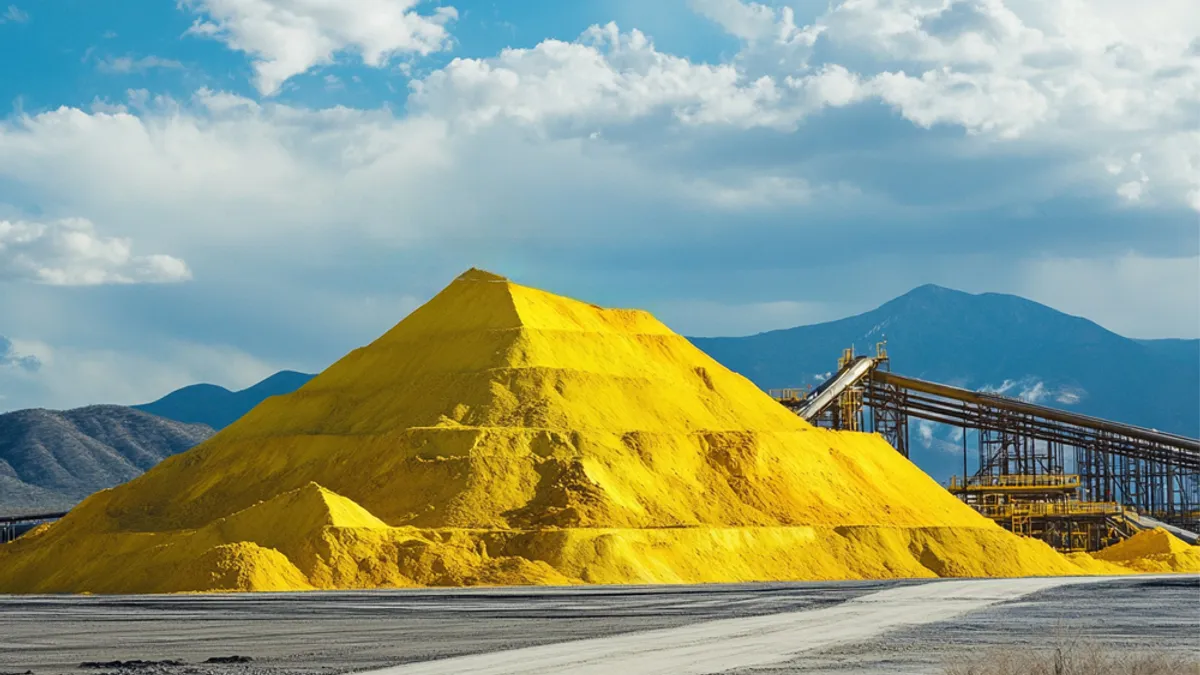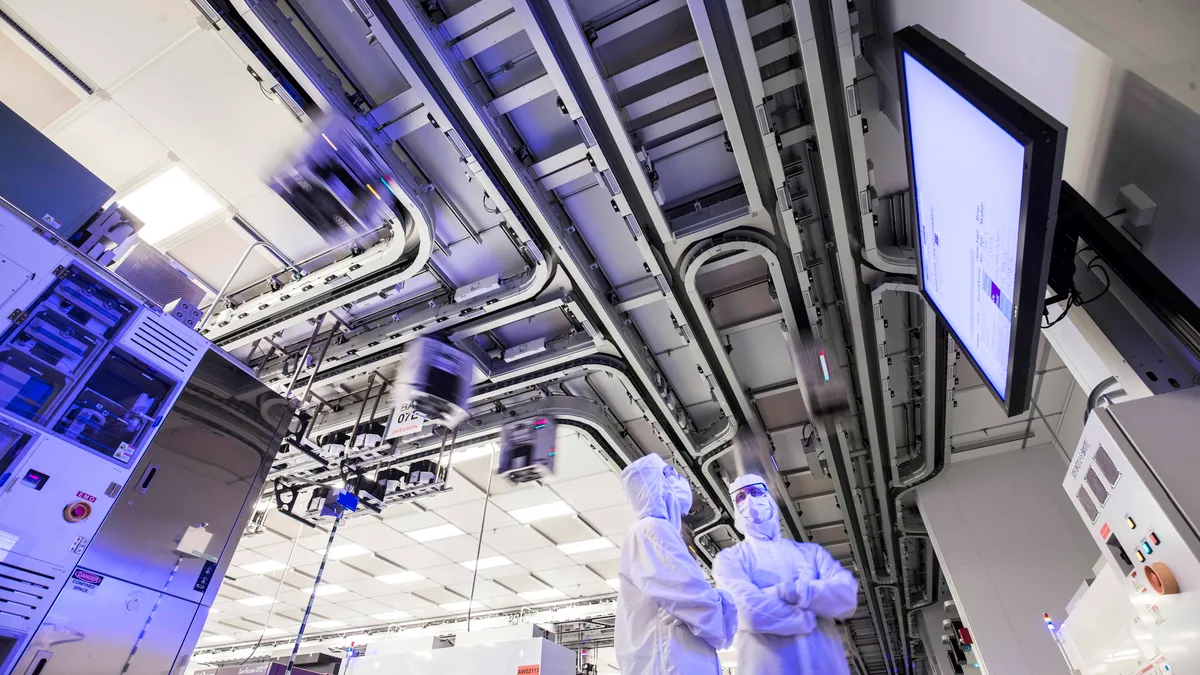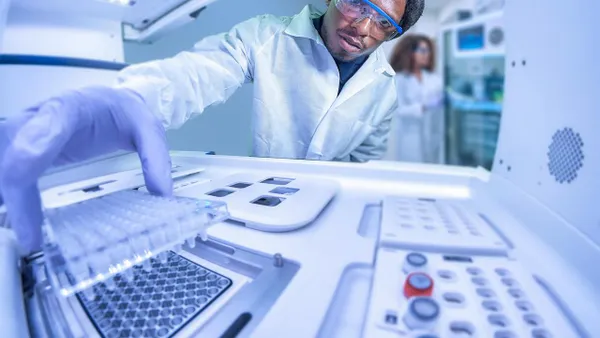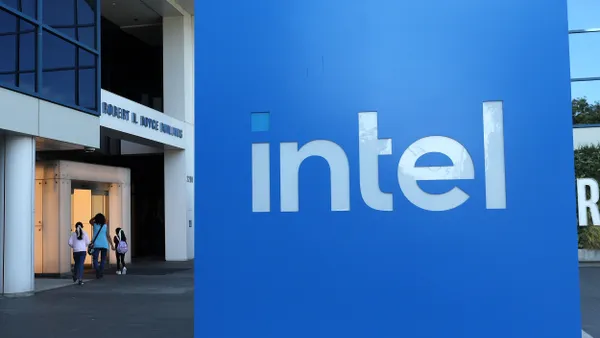Dive Brief:
- Battery maker Lyten said it has signed deals with two California sulfur suppliers in an effort to support its West Coast plants and market growth for cost-effective lithium-sulfur technology.
- California Sulphur Co. and a Port of Stockton company will supply ingredients to Lyten facilities in San Jose and San Leandro, California as part of the new agreements, according to a release. The suppliers will also support Lyten’s recently announced gigafactory near Reno, Nevada.
- The agreements secure domestic sourcing for Lyten as it looks to build out its U.S. supply chain to meet growing demand for lithium-sulfur batteries — which have the potential to be a cheaper, more sustainable alternative to lithium-ion batteries, according to the company.
Dive Insight:
Lyten, founded in 2015, has invested heavily in growing its operations to support lithium-sulfur battery manufacturing, which has garnered attention from investors for its sustainable, cost-effective benefits compared to traditional batteries.
The technology also has the potential to curb the United States’ reliance on China for lithium-ion battery imports as tariffs escalate between the two countries.
“Today the supply of nearly every lithium-ion battery is controlled by a single country, creating an enormous vulnerability for the US,” Lyten co-founder and CEO Dan Cook said in a Feb. 12 statement.
Beyond imports, mined minerals used in today’s batteries, such as nickel, manganese, cobalt and iron, often travel up to 50,000 miles in sourcing and manufacturing, according to Lyten. Alternatively, sulfur is abundant in the U.S. and can be sourced less than 100 miles from the company’s factories.
The low-cost ingredient can also yield lighter battery cathodes for improved functionality compared to competing materials, according to a release. Sulfur-based battery cathodes are 40% lighter in weight than lithium-ion and 70% lighter than lithium iron phosphate.
“In our observation, electrifying everything requires the lighter battery weights we are achieving with Lithium-Sulfur,” Celina Mikolajczak, Lyten’s chief battery technology officer, said in a statement.
Historically, lithium-sulfur has faced criticism of corrosion and poor battery life compared to other materials, according to a 2023 study from Argonne National Laboratory. However, researchers also noted that new designs and innovations could unlock the full potential of lithium-sulfur.
Lyten has seen great investment and growth in just the last year. In addition to its $1 billion gigafactory, Lyten recently announced the acquisition of Northvolt’s Cuberg assets in San Leandro.
In December, the company received a $650 million commitment from the Export Import Bank of the U.S. to scale up lithium-sulfur for battery storage systems. Lyten is also developing the technology for Chrysler’s Halcyon Concept electric vehicle and Aevex Aerospace’s unmanned aerial vehicles.












